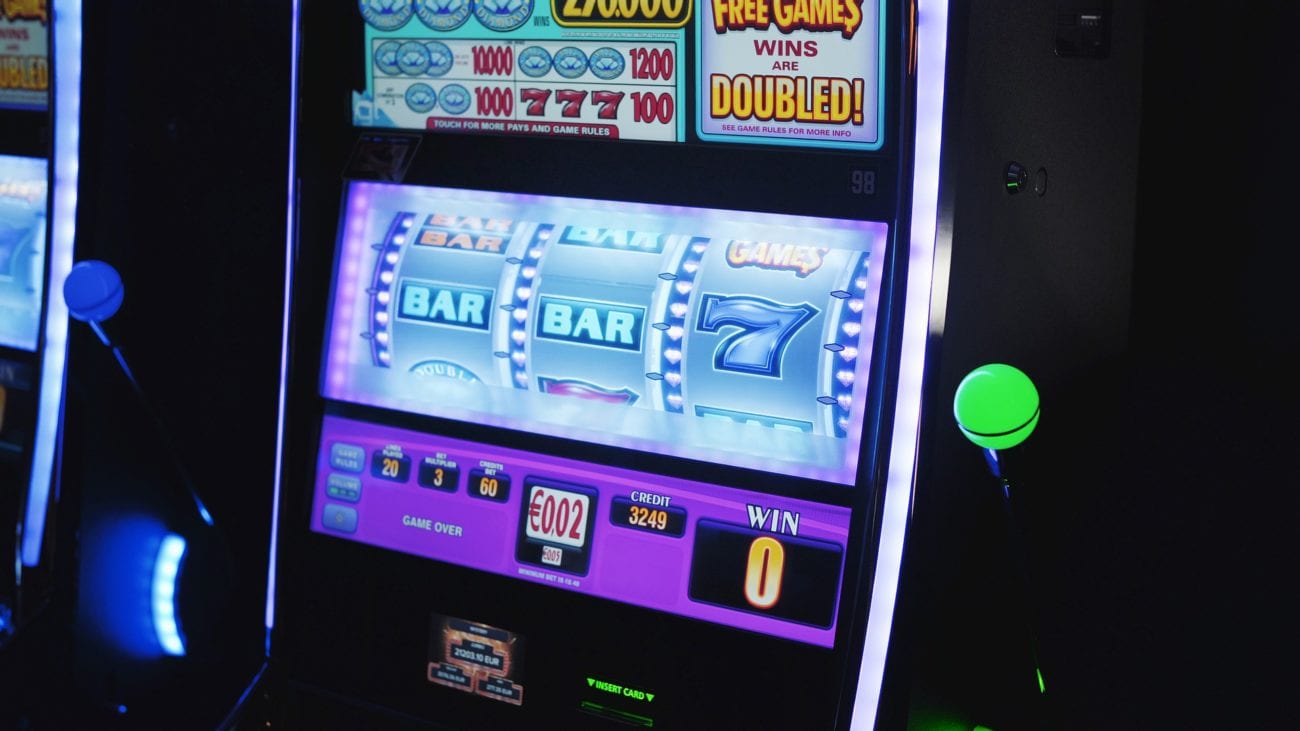KSA launches compliance drive for slots in catering venues

Dutch gambling regulator Kansspelautoriteit (KSA) has announced details of a new scheme to help municipalities across the country in ensure slot machines in catering facilities comply with regulations to protect minors.
The KSA has drawn up a list of catering locations that may have incorrectly been awarded a permit to run slot machines, with local authorities in the country's municipalities able to use this list to check for any venues in their area. If any are found on the list, the venues can be inspected to check whether they fulfill the conditions to hold a slot permit.
Current Dutch regulations state that any venue hosting a slot machine must ensure the devices are only accessible to adult patrons.
However, a series of spot checks carried out in 2018 on more than 70 locations approved to offer slot machines found that this was often not respected. Catering establishments such as snack bars often had machines accessible to any patron, with permits awarded on the basis of old in-store layouts that had been changed over time.
“Our people found constructions that can hardly pass for the term separation; sometimes it was just a wooden wall,” KSA chairman René Jansen said.
“This is an undesirable situation, as young people should not come into contact with games of chance,” he continued. “Their brains are still developing, which makes them extra vulnerable to gambling addiction when they are young, but this [early exposure] can also have consequences in later life.”
The KSA said the issue of access to slots was particularly concerning currently, as gaming halls and Holland Casino's venues remain closed as a result of the novel coronavirus (Covid-19) pandemic. Catering facilities, on the other hand, have been able to reopen from 1 June.
The Dutch government has been critisied over its decision to keep casinos and gaming arcades closed until September, with such facilities having been shut since mid-March.
Holland Casino and gambling industry trade association VAN Kansspelen said this was “irresponsible”, adding that it negatively impacts business and more than 8,000 people employed by the sector.
